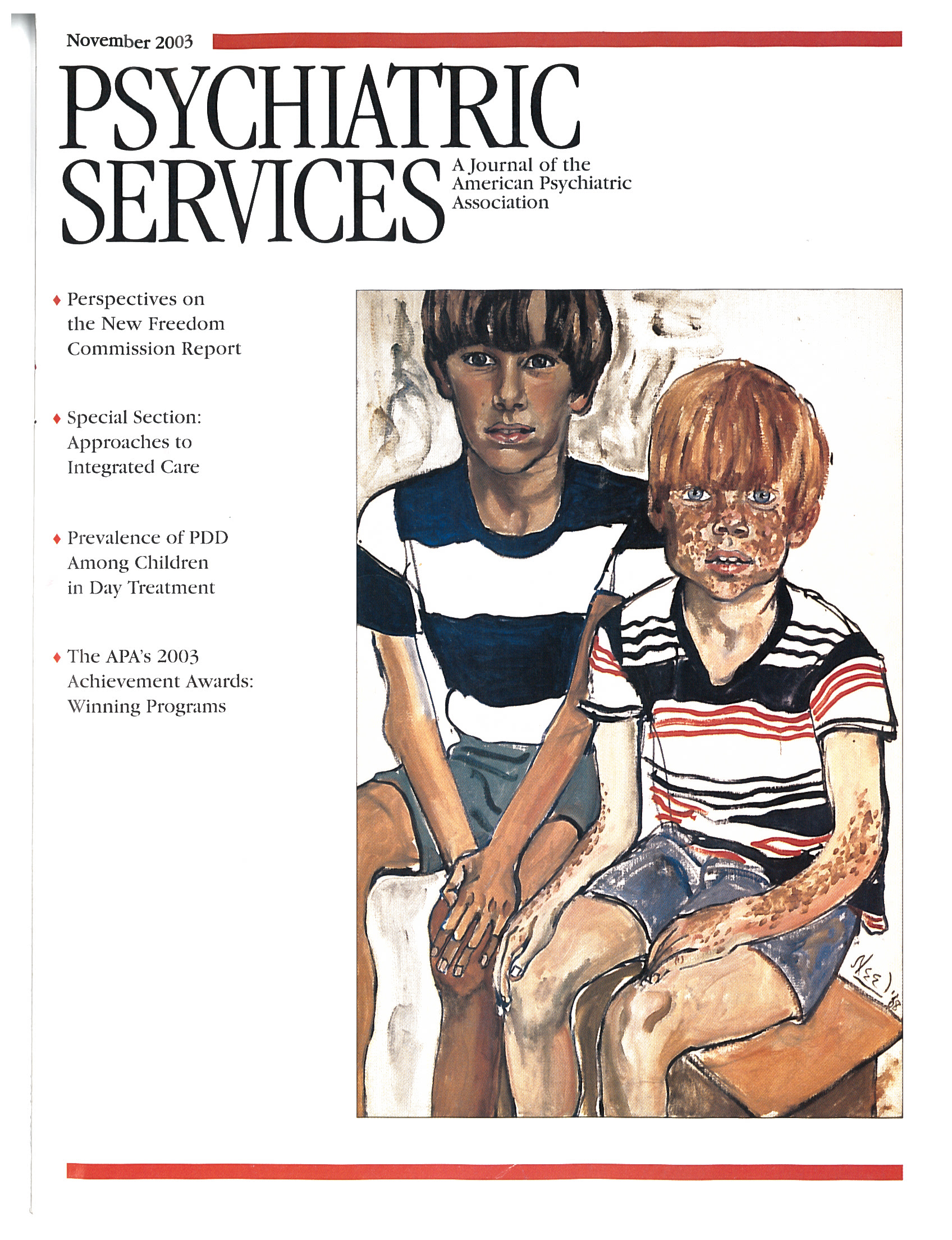Here we go again. The national initiative to implement evidence-based practices is under way, and already in Vermont it has reprised the old "us versus them" crisis. In an attempt to allay consumers' concerns about implementation of two evidence-based practices—illness self-management and family psychosocial education—the mental health authority in Vermont published a position paper defining how resources should be allocated when funding for evidence-based practices and "value-based services" was sought from the same source. Value-based services were defined in the paper as practices that have limited scientific evidence supporting their efficacy but that have high consumer satisfaction ratings.
In a funding environment that demands evidence of positive outcomes, consumers perceive a loss of empowerment as evidence-based practices are implemented. The loss of empowerment could result in a new polarization of consumers and mental health professionals just when collaboration between the two was beginning to seem the norm.
Trying to prioritize evidence-based practices and value-based services within public policy misses the complementary nature of the two. There is a moral imperative to implement evidence-based practices while also promoting value-based services. It may be more useful to recognize that each has a stake in the other's existence. In his classic book Megatrends, John Naisbitt postulated that for every high-tech innovation there must be a parallel "high-touch" capacity for people to assimilate the innovation into their lives. He cited the many self-help initiatives that have appeared over the past 25 years, ranging from farmers' markets to hospices, as evidence that people will seek, and if necessary devise, personalized services that are real alternatives to mainstream services.
Instead of trying to prioritize evidence-based practices and value-based services, how about mandating room for both in the same service system? All stakeholders should value the fact that, when mental illness strikes, not everyone uses services according to the same formula, and recovery is the overriding goal. Some people use A, some B, some both. What is needed now is a commitment to allocate resources for research on consumer-run services.
When consumer-run services are linked to corresponding evidence-based practices through joint public funding, equal standing in public policy domains, and equal opportunities to be studied, the two complementary approaches can celebrate each other's recovery stories.

